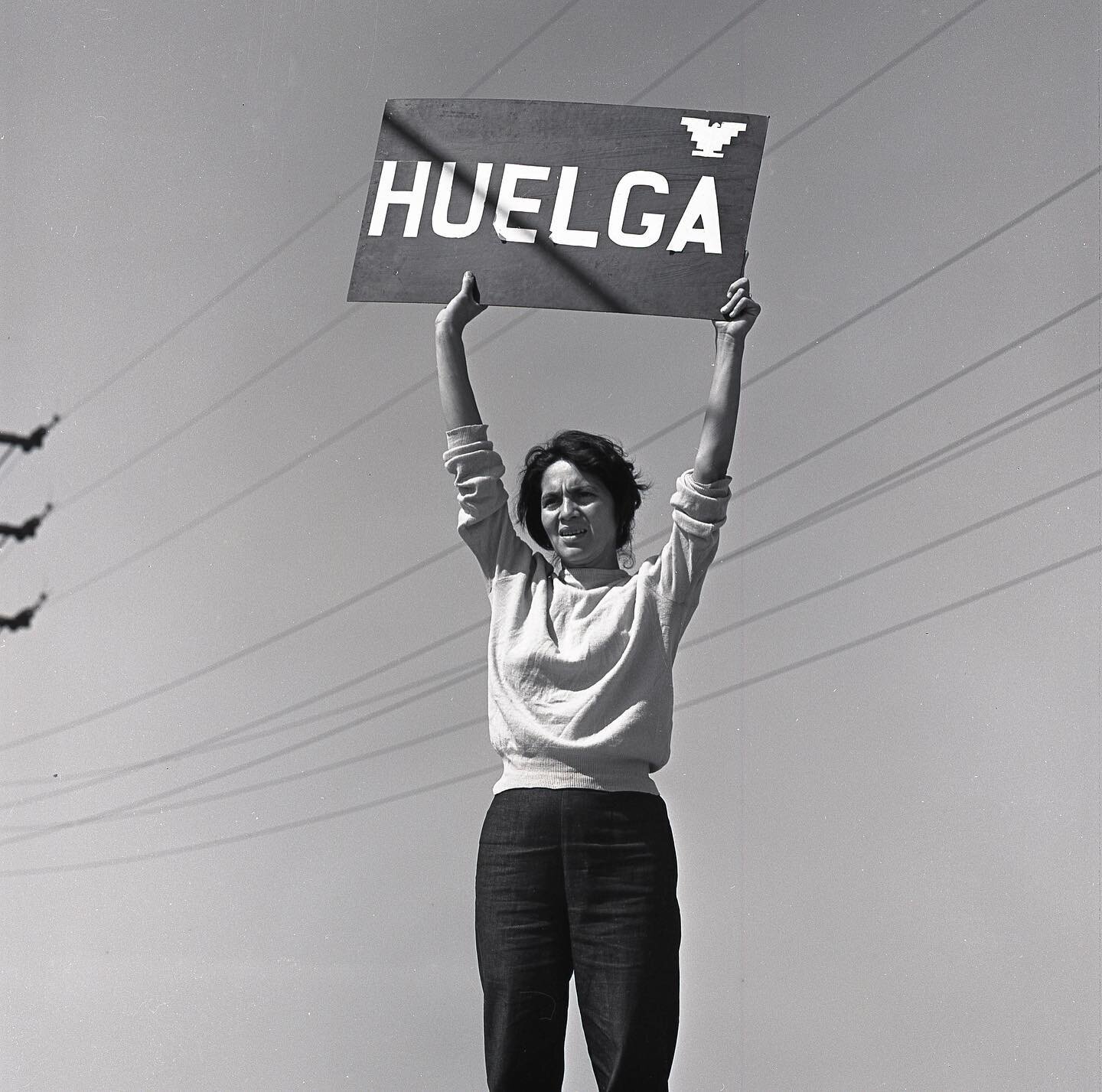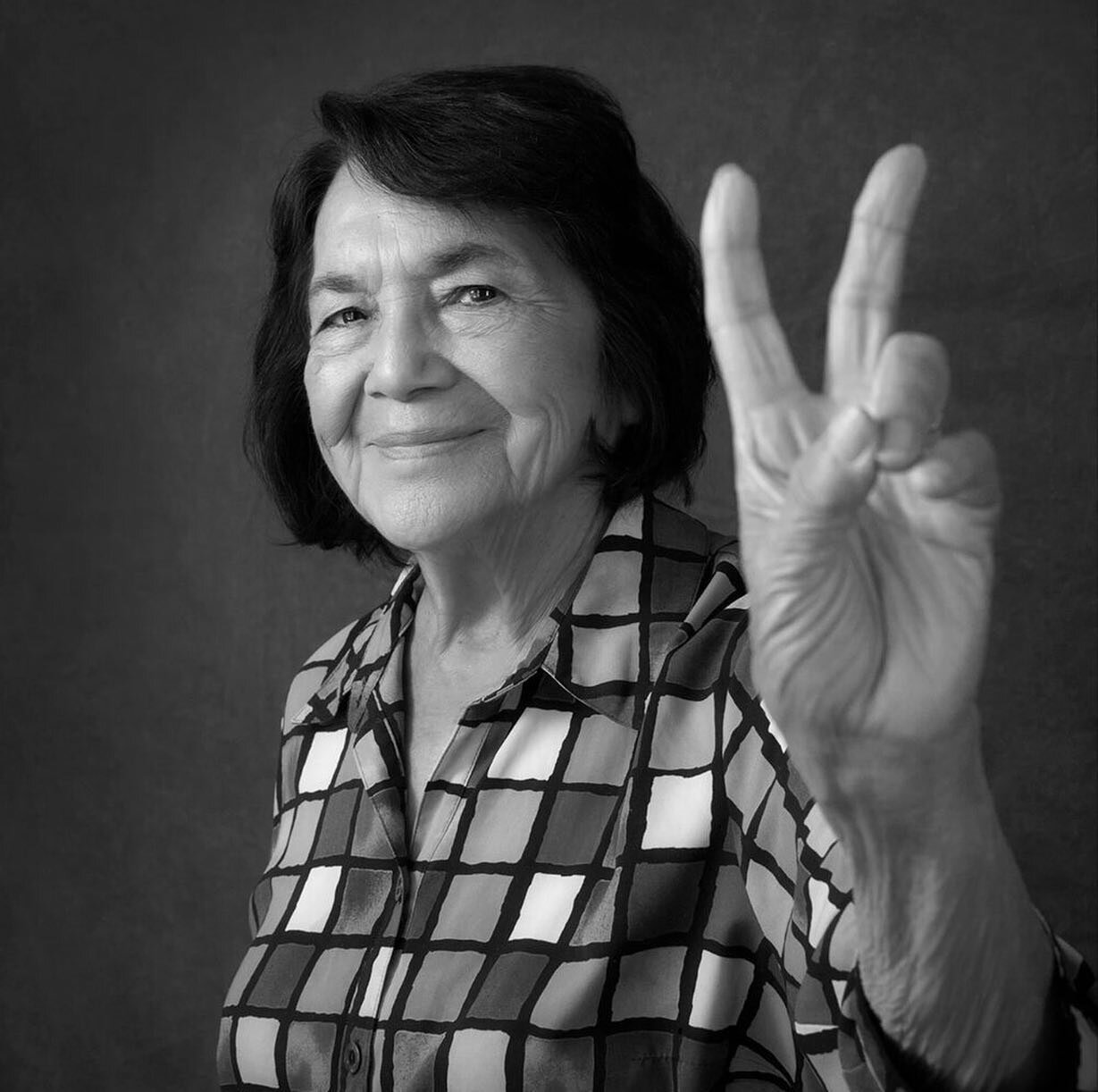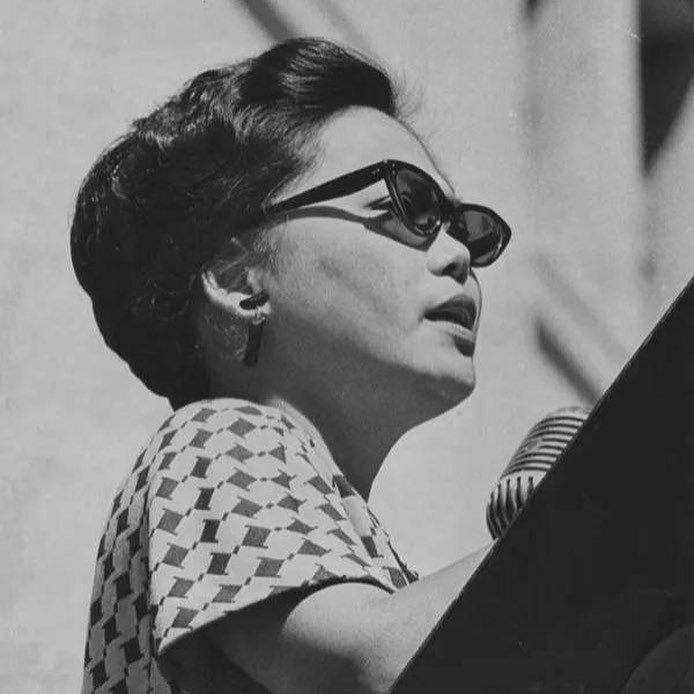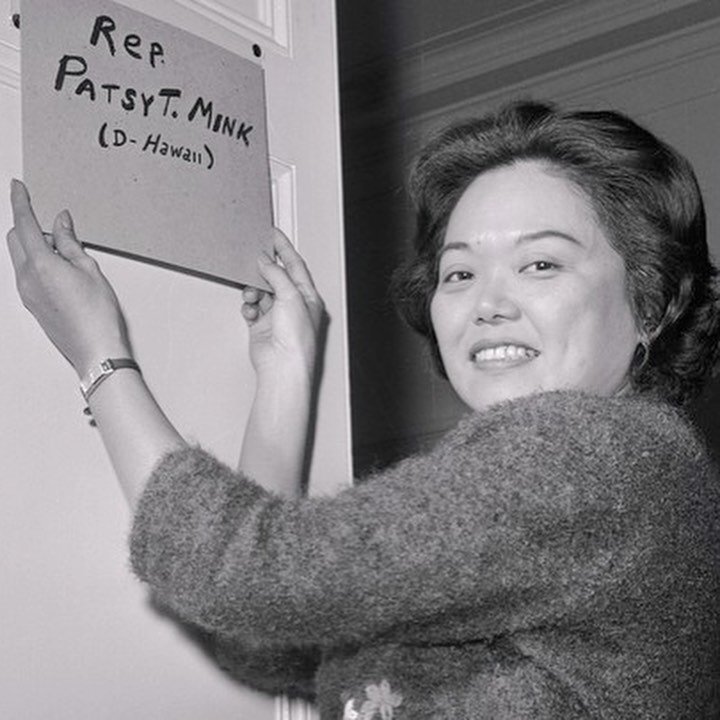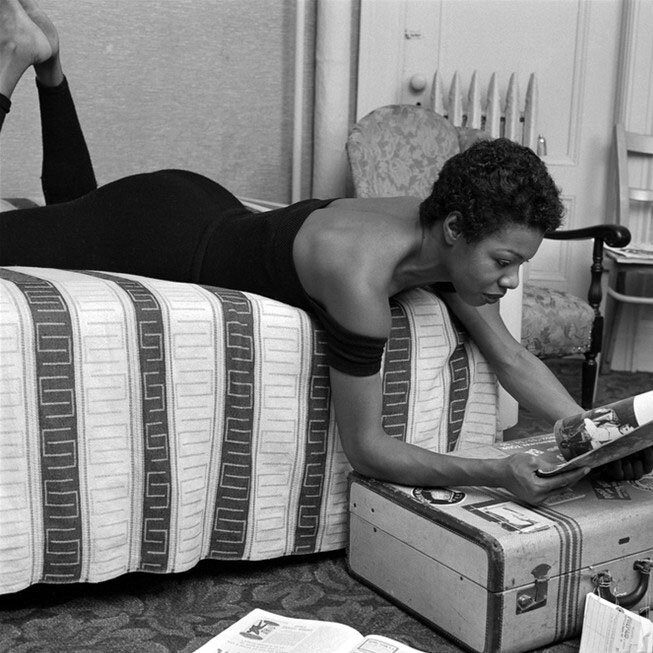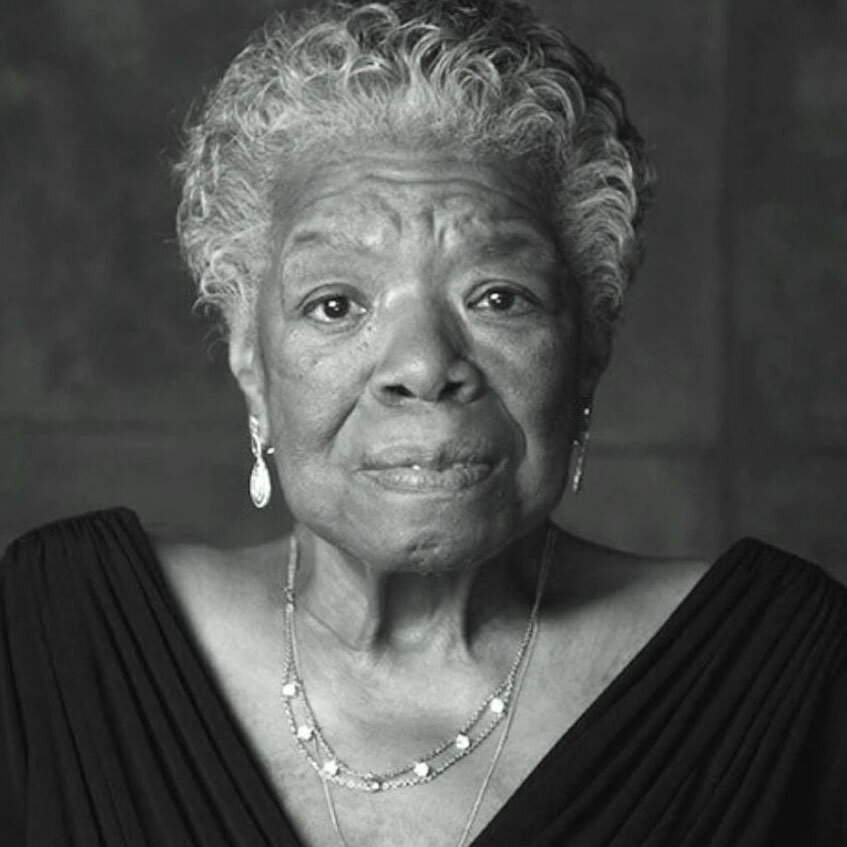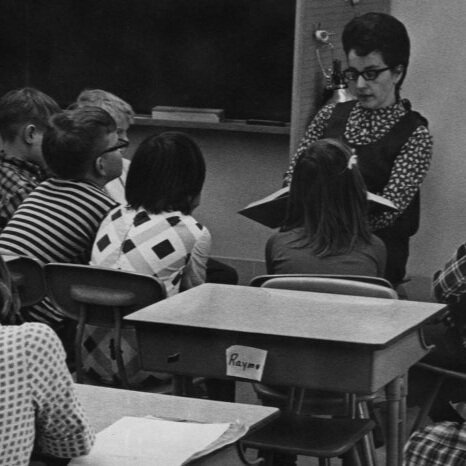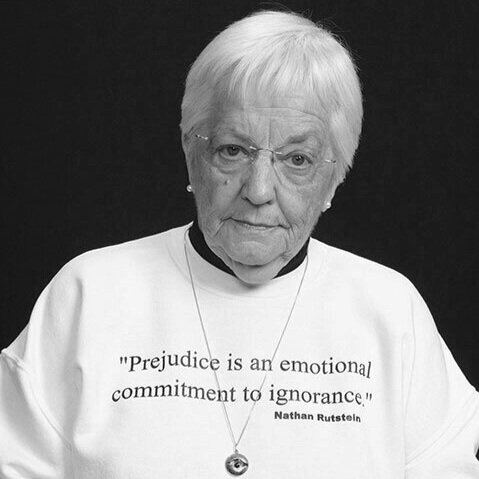Women's History Month: Teaching + Activism
Happy Women’s History Month!
Thank you to all women who use their strengths, hearts, and minds to better the world for future generations. This month, we’re honoring women who used their power to enlighten others through teaching and activism.
xx
Subject Matter
DOLORES HUERTA
Meet Dolores Huerta, an activist and labor leader who continues to improve the lives of workers, immigrants, and women. In the early 1950s, as an elementary school teacher in California, Dolores witnessed many of her students arriving hungry and barefoot. Deeply concerned for their wellbeing, Dolores left teaching to begin her lifelong journey of correcting economic injustice.
Throughout her decades of activism, Dolores co-founded various organizations dedicated to social justice and public policy. Her efforts have been instrumental in improving the social and economic conditions of farm workers and challenging gender discrimination within the labor movement.
Receiving the Presidential Medal of Freedom from President Obama in 2012, Dolores reflected, “The great social justice changes in our country have happened when people came together, organized, and took direct action. It is this right that sustains and nurtures our democracy today. The civil rights movement, the labor movement, the women’s movement, and the equality movement for our LGBT brothers and sisters are all manifestations of these rights.”
Learn more about Dolores Huerta and how to support her work by following the Dolores Huerta Foundation, a nonprofit working to organize social justice grassroots movements focused on civic engagement, education equity, health and safety, and LGBTQ+ equality.
PATSY TAKEMOTO MINK
Patsy Takemoto Mink was the first woman of color elected to the U.S. Congress. In the early 1950s, after earning her law degree from the University of Chicago, Patsy returned home to Hawai‘i seeking employment only to face discrimination because of her interracial marriage. Patsy instead went into private practice and began teaching business law at the University of Hawai‘i, becoming the first Japanese-American woman to practice law in the territory.
After a decade in local and state politics, Patsy became the first woman of color elected to the U.S. Congress in 1964. Throughout her 12 terms, Patsy focused on human rights, specifically within education. She sponsored legislation for bilingual education, early childhood education, student loans, special education, and the Title IX amendment to the 1964 Civil Rights Act.
In 1970, Patsy strongly condemned the nomination of G. Harrold Carswell to the Supreme Court, citing his self-described “vigorous belief in the principles of white supremacy”. Carswell’s nomination did not pass, and instead Justice Harry Blackmum was later appointed and would go on to write the majority opinion in the Roe v. Wade victory.
Learn more about Patsy Takemoto Mink and how to support her legacy by visiting the Patsy Takemoto Mink Education Foundation, a nonprofit organization working to expand education access, opportunity, and equity for low-income women and children.
MAYA ANGELOU
Maya Angelou was a prolific writer, storyteller, performer, educator, and activist. Spanning 50 years, Maya’s body of work includes autobiographies, essays, poetry, plays, movies, and television shows, earning her dozens of awards, more than 50 honorary degrees, and the Presidential Medal of Freedom.
Best known for her redefining of autobiographical fiction, her most famous work, I Know Why the Caged Bird Sings, detailed her experiences growing up in Arkansas. Left mute for several years due to traumatic events in her childhood, Maya developed an early love for literature and education.
In 1940, at age 12, Maya moved to San Francisco with her mother where she studied dance and drama, marking the beginning of her decades-long career performing, writing, and directing theater and film, both in the U.S. and abroad.
Upon her move to New York City in the late 1950s, Maya’s literary talents were encouraged by the Harlem Writers Guild, whose members included Audre Lorde. During this time, she had the chance to hear Dr. Martin Luther King Jr. speak, sparking her involvement in the Civil Rights movement alongside Dr. King and Malcolm X.
In 1982, Maya served as the first Reynolds Professor of American Studies at Wake Forest University, beginning a 32 year-long relationship with the university until her passing in 2014.
Learn more about the life of Maya Angelou and how to continue her legacy by visiting the Maya Angelou Foundation, a nonprofit organization dedicated to supporting educational excellence and healthcare equity initiatives for all.
JANE ELLIOTT
Jane Elliott is a teacher and anti-racism lecturer who works to expose prejudice and bigotry. As a school teacher in Iowa at the time of Dr. Martin Luther King Jr.’s assassination, Jane felt compelled to explain racism and its effects to her third-grade students.
The exercise she developed came to be known as the “Blue Eyes/Brown Eyes Exercise.” The two-day lesson divided the students into two groups based on their eye color, the blue-eyed group being “superior”, while the brown-eyed and green-eyed group were “inferior.” A week later, Jane repeated the exercise with the roles reversed. A transformation was evident in many of her students. The “superior” groups earned better grades and exhibited arrogance toward their “inferior” peers. The “inferior” groups scored lower on tests and became timid.
To summarize their learnings, Jane instructed each of the students to write about their experience. These essays were soon published in the local paper and later picked up by the Associated Press. The backlash from white audiences was immediate, focusing solely on the effects prejudice would have on white children. Unperturbed, Jane taught the exercise until 1985 before leaving teaching to reformat the lesson for corporate and government training.
Defining prejudice as an emotional commitment to ignorance, Jane continues to lecture about anti-racism. Learn more about Jane’s work by visiting janeelliott.com.


